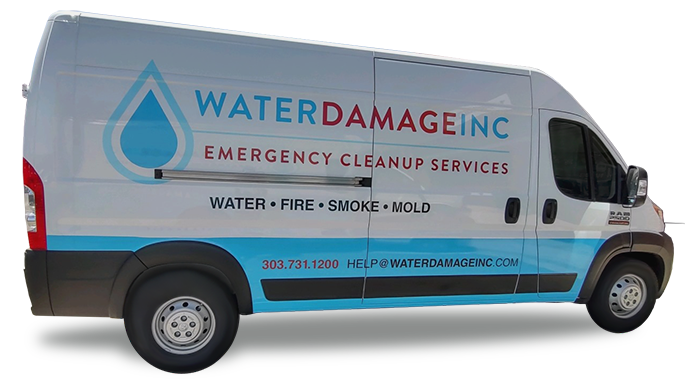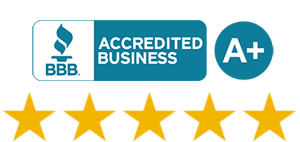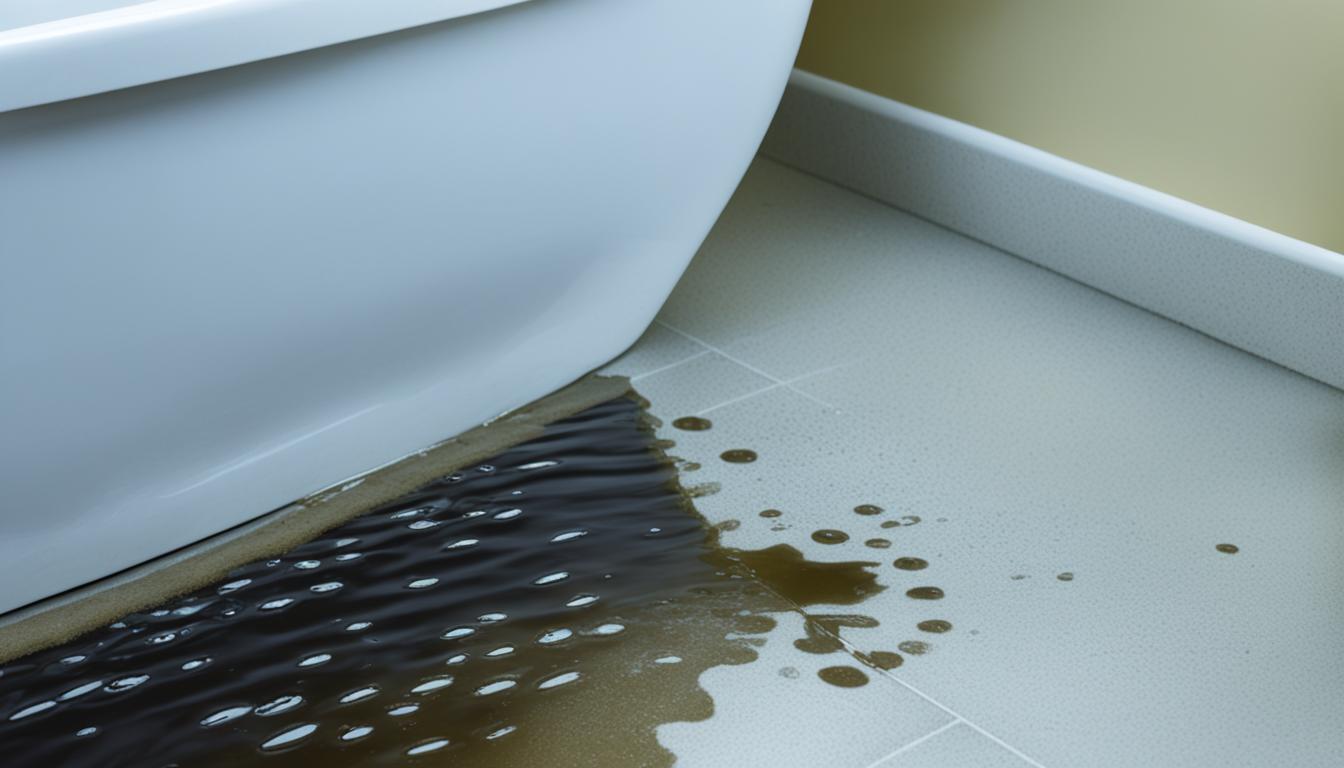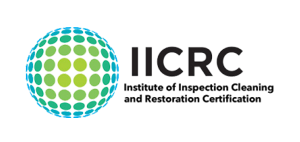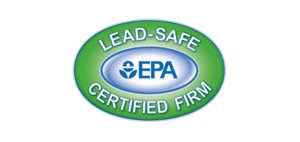When sewage backup occurs in a house, it not only causes unpleasant odors and property damage but also poses serious health hazards. The question arises: is it safe to stay in a house with sewage backup? Many individuals may assume that as long as the water is cleared, it is safe to continue residing in the property. However, the reality is quite different. Sewage backup brings along a host of risks and dangers that can have detrimental effects on the well-being of occupants.
Understanding these implications is crucial for homeowners who may find themselves faced with this unsettling situation. This article will delve into the dangers associated with sewage exposure, the risks of staying in a house with sewage backup, the importance of professional intervention, and the hazards of attempting DIY sewage cleanup.
Key Takeaways:
- Sewage backup in a house poses significant health hazards and safety risks
- Exposure to sewage can lead to infections, respiratory issues, and even death
- It is unsafe to stay in a house with sewage backup due to the presence of toxic substances and harmful pathogens
- Professional intervention is essential for effective cleanup and mitigation of risks
- DIY sewage cleanup can be hazardous and may result in inadequate remediation
Understanding Sewage Backup and Its Implications
Sewage backup occurs when there is a blockage in the sewer lines, preventing wastewater from flowing properly. This can be caused by various factors, including tree roots infiltrating the sewer line, combinations of pipelines, blockages in the sanitary main, or the deterioration of older sewer systems.
The implications of sewage backup can be severe and far-reaching. Firstly, it can lead to extensive property damage, with wastewater flooding homes and causing structural issues. Additionally, sewage backup poses significant health risks. Exposure to sewage can result in the spread of disease-causing microorganisms, including bacteria, viruses, and parasites, that may lead to infections and other serious health conditions.
Another crucial consideration is the potential for explosions. Sewage backup can release flammable gases like methane, posing a considerable risk of fire and explosions within the affected property. This highlights the importance of addressing sewage backup promptly and appropriately to ensure the safety and well-being of homeowners.
Health Hazards Associated With Sewage Exposure
Sewage exposure can have severe health consequences due to the presence of various infectious agents. These microorganisms can include Acanthamoeba, E. Coli, Leptospirosis, Hepatitis, Salmonella, Heliobacter Pylori, and Encephalitis, among others.
Ingesting or inhaling sewage backup can result in the transmission of these infectious agents, leading to a range of infections and diseases. Some common health hazards associated with sewage exposure include throat infections, diarrhea, pneumonia, urinary tract infections, abdominal cramps, and inflammation.
It is crucial to be aware of these risks and take appropriate measures to protect yourself and others from the harmful effects of sewage exposure. The presence of these infectious agents in sewage backup can have serious health complications, and in some cases, can even be fatal.
Implementing effective protective measures, such as wearing appropriate personal protective equipment (PPE) like gloves, masks, and goggles, can significantly reduce the risks associated with sewage exposure. Additionally, avoiding direct contact with sewage-contaminated areas and ensuring thorough cleaning and disinfection of affected surfaces can help minimize the spread of infectious diseases.
It is important to remember that sewage exposure should not be taken lightly. The potential health hazards involved highlight the need for prompt and professional remediation of sewage backup situations to ensure the safety and well-being of everyone involved.
Seeking the assistance of trained professionals in sewage cleanup and remediation is essential to minimize the risks associated with sewage exposure and ensure a safe living environment. By addressing sewage backups properly and taking necessary precautions, you can protect your health and the health of those around you.
Is it safe to stay in a house with sewage backup?
Staying in a house with sewage backup poses significant safety risks and health hazards. Sewage backup contains toxic substances, harmful pathogens, and gases that can result in serious infections, respiratory issues, and even death. The presence of sewage backup in a house increases the risk of exposure to these hazardous elements.
If you find yourself in a house with sewage backup, it is crucial to take immediate action to protect yourself and others. It is highly recommended to vacate the premises and seek professional help without delay in order to mitigate the risks associated with sewage backup.
Seeking professional assistance ensures the proper handling, cleanup, and remediation of the situation. Professionals have the necessary expertise, equipment, and knowledge to safely address sewage backup and ensure the health and well-being of occupants.
Do not underestimate the potential dangers of staying in a house with sewage backup. Prompt action and professional intervention are essential for minimizing the risks and ensuring a safe living environment.
Professional Intervention: When to Call the Experts
Certain signs indicate the need for professional intervention when dealing with sewage backup. These signs include:
- Water backup in other drains: If you notice water backing up in sinks, showers, or toilets in addition to the presence of sewage backup, it is a clear sign that professional help is needed. This indicates a serious blockage in the sewer line that requires expert attention.
- Foul smells: Strong, unpleasant odors emanating from drains or toilets are a common indication of sewage backup. These foul smells can be caused by the presence of toxic gases and harmful pathogens in the sewage. Calling professionals would be the appropriate course of action in this scenario.
- Slow or still water around drains: If you notice sluggish or stagnant water pooling around drains, it may be a sign of sewage backup. This can be caused by blockages or other issues in the sewer line. Seeking professional intervention is crucial to address the problem effectively and prevent further damage.
- Increased frequency of sewage backups: If you experience recurrent sewage backups, it is a clear indication that there is an underlying issue with the sewer system. These frequent backups can cause significant damage to your property and pose serious health risks. Contacting experts such as plumbers or sewage remediation services is necessary to identify the root cause and implement appropriate solutions.
Recognizing these signs and acting promptly is essential to prevent further damage and ensure the safety of your home and occupants. Professional intervention guarantees thorough cleanup, necessary repairs, and measures to prevent future sewage backups.
Risks of DIY Sewage Cleanup
When faced with a sewage backup, it may be tempting to tackle the cleanup yourself. However, attempting DIY sewage cleanup can pose serious risks to your health and well-being. It is essential to understand the potential hazards involved and the limitations of DIY methods.
Sewage exposure can lead to severe illnesses, infections, and respiratory issues. Exposure to harmful pathogens and toxic substances present in sewage can have detrimental effects on your health, especially during the cleanup process. Inadequate cleaning methods and incomplete remediation can further worsen the situation and increase the risks.
One of the primary concerns with DIY sewage cleanup is the growth of mold. If the affected area is not thoroughly cleaned and dried, it provides an ideal environment for mold to thrive. Mold can cause a range of health problems, including allergic reactions, respiratory issues, and even chronic illnesses.
Furthermore, DIY cleanup may not effectively eliminate all the dangerous pathogens present in sewage. These pathogens can easily spread and contaminate other areas of your home, putting you and your family at risk of infections and diseases.
To ensure safe and thorough remediation of sewage backup, it is advisable to seek professional help. Experienced professionals have the knowledge, skills, and specialized equipment to handle sewage cleanup properly. They can sanitize the affected areas, remove contaminated materials safely, and implement measures to prevent future sewage backups.
By entrusting the cleanup to professionals, you can minimize the risks associated with sewage exposure, protect your health, and ensure a clean and safe environment for your home and loved ones. Also, if you are having flooding and sewage backup into your basement you need to contact experts like Water Damage Inc. immediately.
Conclusion
It is evident that sewage backup in a house presents significant health hazards and safety risks, making it unsafe for occupants to stay in such conditions. The presence of infectious agents, toxic substances, and gases can lead to severe illnesses and even death. Therefore, immediate action and professional intervention are necessary to effectively handle sewage backup and mitigate these risks.
Attempting DIY sewage cleanup is highly discouraged as it can be hazardous and may result in inadequate remediation. The potential exposure to harmful pathogens and the improper handling of sewage can exacerbate health issues and lead to the growth of mold. To ensure a safe and thorough remediation process, it is crucial to seek professional help from experienced plumbers or sewage remediation services.
When dealing with sewage backup, the well-being of occupants should always be prioritized. Recognizing the signs of sewage backup, such as water backup in drains or foul smells, is essential in determining when to call for professional assistance. Professional intervention ensures proper cleanup, repairs, and the prevention of future sewage backups, minimizing health risks and safeguarding the home environment.
In conclusion, when faced with sewage backup, homeowners must understand the health hazards involved and the importance of professional intervention. DIY cleanup poses significant risks and may lead to inadequate remediation. By taking immediate action, seeking professional help, and prioritizing the safety of occupants, homeowners can effectively address sewage backup and protect their well-being.
FAQ
Is it safe to stay in a house with sewage backup?
No, it is not safe to stay in a house with sewage backup. Sewage backup contains toxic substances, harmful pathogens, and gases that can cause infections, respiratory issues, and even death.
What are the implications of sewage backup?
Sewage backup can lead to property damage, health risks, and even explosions. Understanding the causes and implications of sewage backup is crucial for homeowners.
What health hazards are associated with sewage exposure?
Sewage exposure poses significant health hazards due to the presence of infectious agents such as Acanthamoeba, E. Coli, Leptospirosis, Hepatitis, Salmonella, Heliobacter Pylori, and Encephalitis. Ingesting or inhaling sewage backup can lead to severe infections and diseases, including throat infections, diarrhea, pneumonia, urinary tract infections, abdominal cramps, and inflammation.
What are the risks of staying in a house with sewage backup?
Staying in a house with sewage backup increases the risk of exposure to toxic substances, harmful pathogens, and gases. This can lead to infections, respiratory issues, and even death. It is recommended to vacate the premises and seek professional help immediately to mitigate the risks.
When should I call the experts for professional intervention?
Signs that indicate the need for professional intervention include water backup in other drains, foul smells, slow or still water around drains, and increased frequency of sewage backups. It is important to recognize these signs and call experts such as plumbers or sewage remediation services to handle the situation safely and effectively.
What are the risks of DIY sewage cleanup?
Attempting DIY sewage cleanup can be extremely hazardous. Sewage exposure can lead to severe illnesses, infections, and respiratory issues, which can be exacerbated during cleanup. Inadequate cleaning methods and incomplete remediation can result in the growth of mold and the spread of harmful pathogens. It is essential to understand the risks and limitations of DIY sewage cleanup and seek professional help to ensure safe and thorough remediation.
